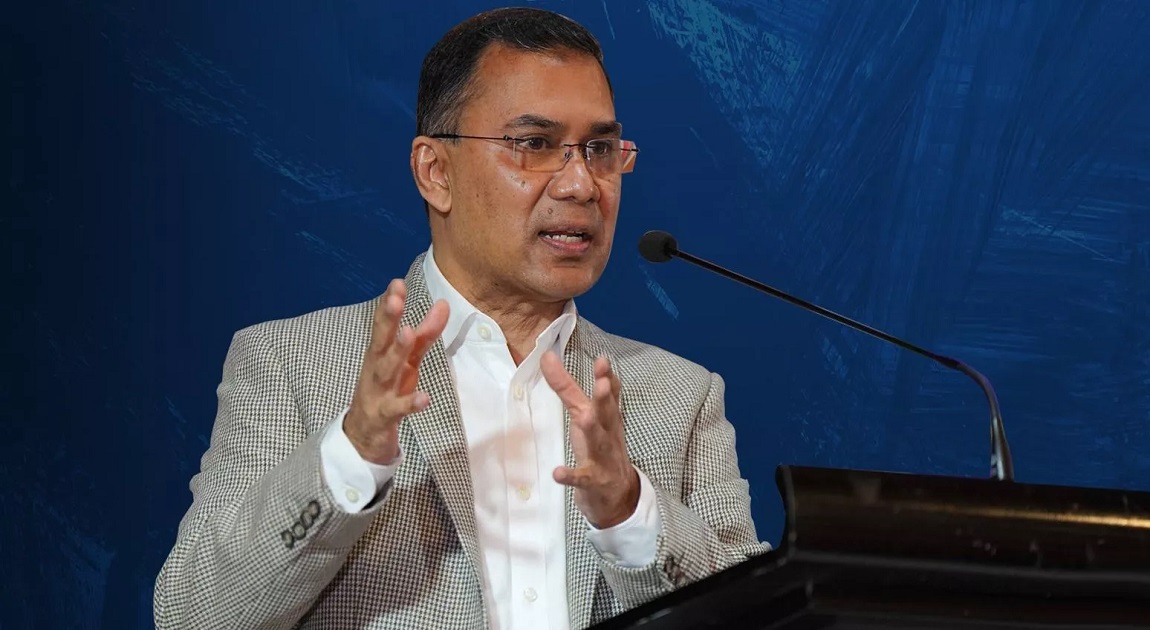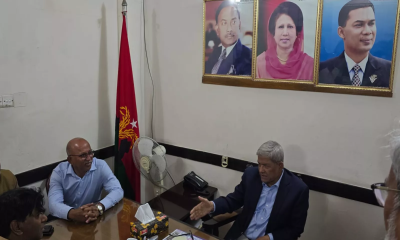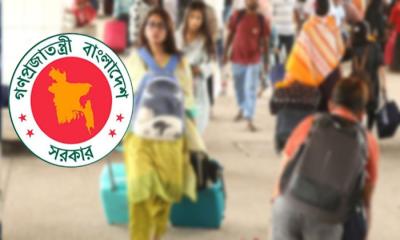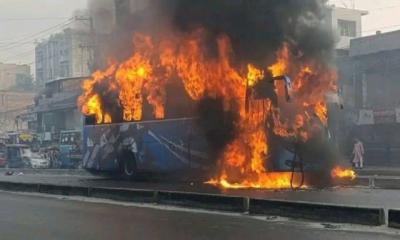BNP’s acting chairman Tarique Rahman has said that although Bangladesh`s media has gained some freedom since the fall of the fascist government on August 5, it remains under the influence of fascist forces.
In a Facebook post on Monday, marking the anniversary of the "Black Day of the Press," Tarique Rahman emphasized that the freedom of the press is a fundamental element of multi-party democracy and essential for securing and sustaining democratic governance.
He recalled that June 16, 1975, stands as a dark day in Bangladesh’s history when the then regime dismantled the multi-party system, established the authoritarian one-party Baksal government, and allowed only four state-controlled newspapers to operate.
This silenced the nation and rendered many journalists jobless, pushing their livelihoods and families into crisis.
Tarique Rahman asserted that the spirit of Bangladesh’s Liberation War was rooted in achieving geographical independence and establishing democracy, which guarantees civil liberties including freedom of speech, thought, and expression.
He noted that press freedom provides a platform for diverse opinions, holds the state and society accountable, and ensures that the will of the people is reflected in governance.
He accused the post-independence rulers of betraying the core ideals of the Liberation War by imposing one-party rule and suppressing democratic practices.
In contrast, he credited former President Ziaur Rahman with restoring multi-party democracy and reinstating press freedom by abolishing the undemocratic laws of the Baksal regime.
Tarique Rahman also accused Sheikh Mujibur Rahman and his daughter Sheikh Hasina of following similar one-party ideologies under different forms, including enacting laws that restricted press freedom.
He criticized the use of the Digital Security Act and Cyber Security Act as repressive tools that curtailed freedom of expression.
He concluded by reaffirming that press freedom is essential for ensuring the security and permanence of democracy in Bangladesh.











-20260305071113.webp)




-20260304091720.webp)






-20260303080739.webp)














-20260228064648.jpg)
